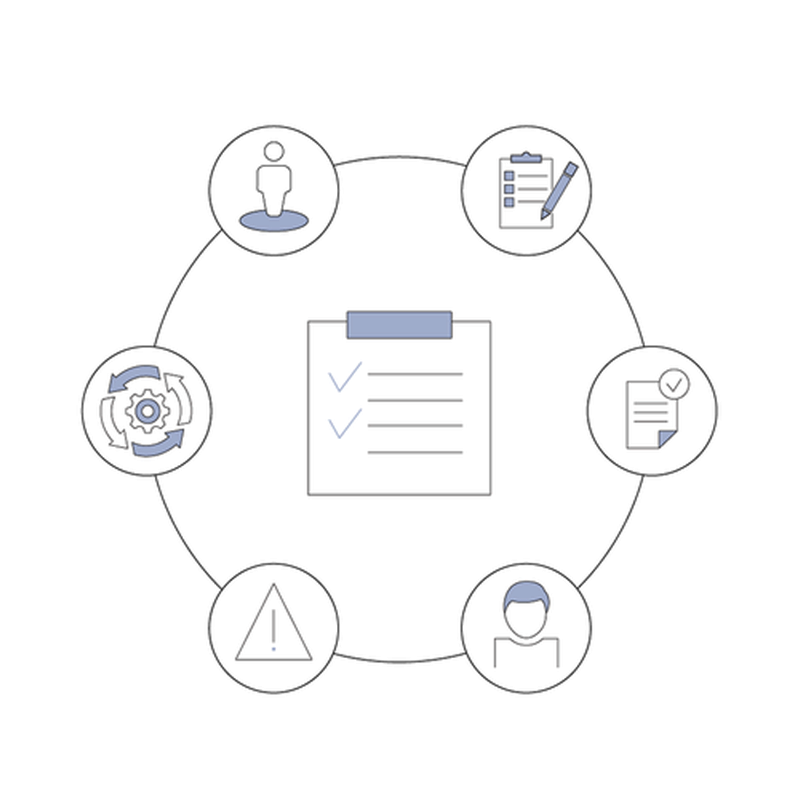International supply chain market system compliance

#SupplyChainManagement #Laws #Regulations
As the world becomes increasingly globalized, supply chain management becomes more complex - especially when it comes to international trade. With various regulations and compliance standards in different countries, supply chain professionals must navigate a complex web of requirements to ensure their operations stay legal and ethical.
One key aspect of international supply chain management is market analysis.
With so many different markets around the world, it can be difficult to determine which ones are viable options for a company's products or services. Factors such as local demand, competition, and logistical challenges all play into this analysis.
Once a market has been identified, the next step is ensuring compliance with local and international regulations.
This is where supply chain professionals must be particularly diligent, as violating these regulations can result in legal and financial consequences. One example of an important international regulation is the Foreign Corrupt Practices Act (FCPA), which prohibits bribing foreign officials to obtain business advantages. Another example is the Conflict Minerals Rule, which requires companies to investigate their supply chain for minerals that may be linked to human rights abuses.
To ensure compliance with these and other regulations, companies can implement a variety of measures.
These may include conducting thorough background checks on potential partners or suppliers, engaging in due diligence activities to confirm compliance with regulations, and maintaining rigorous documentation of supply chain activities.
In addition to regulatory compliance, there is also a growing emphasis on ethical considerations in supply chain management.
Consumers are increasingly conscious of the impact their purchases have on the world around them, and they expect companies to uphold high ethical standards. This might include ensuring fair labor practices, minimizing environmental impact, or sourcing materials responsibly.
Overall, navigating the global supply chain requires both a deep understanding of regulations and a commitment to ethical practices. With the right strategies in place, companies can successfully enter new markets while adhering to the highest standards of compliance and ethics.




Leave a comment